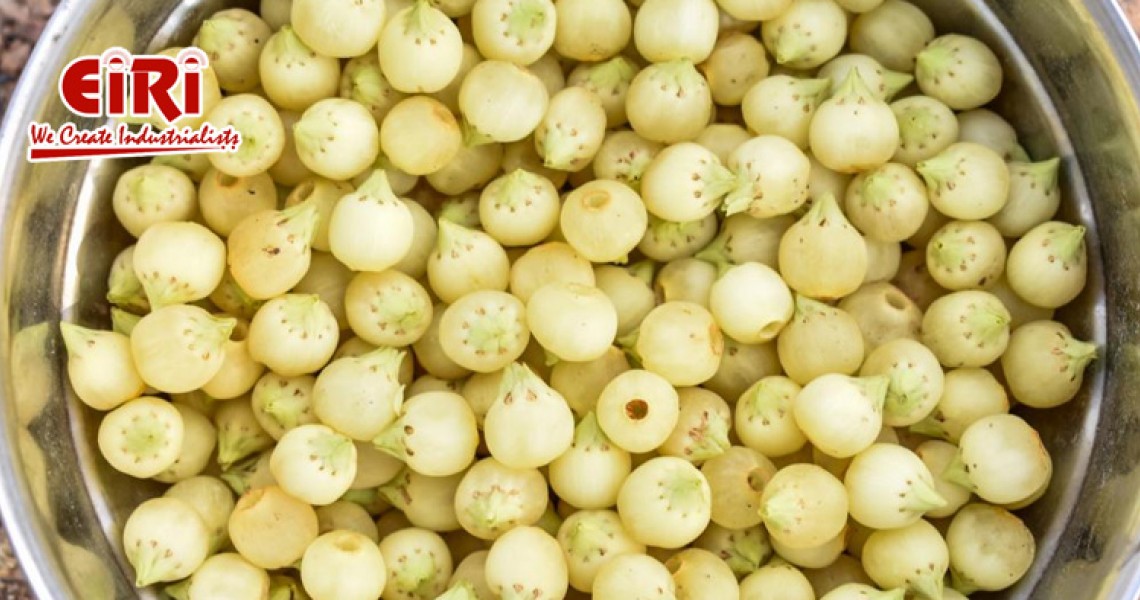Business Opportunities with Value-Added Products from Mahua Flowers

Mahua, scientifically known as Madhuca longifolia, is a tropical tree found in central and north Indian plains and forests. Traditionally, Mahua flowers have been used by indigenous communities for various purposes, including food, medicine, and beverages. With a renewed focus on sustainable and organic products, Mahua flowers present significant business opportunities for creating value-added products. This article explores the potential of Mahua flowers, the various value-added products that can be derived from them, and the business prospects they offer.
Mahua flowers are known for their sweet, fleshy petals which can be used in numerous ways. Rich in sugar, proteins, vitamins, and minerals, these flowers have traditionally been used to make fermented beverages, sweeteners, and food products. Additionally, Mahua flowers have medicinal properties and are used in Ayurvedic medicine.
Value-Added Products from Mahua Flowers
Mahua Flower Syrup
- Description: Mahua flower syrup is a sweet, nutritious syrup made by boiling the flowers and extracting their juice.
- Applications: Used as a natural sweetener, in desserts, beverages, and traditional dishes.
- Business Potential: Growing demand for natural and organic sweeteners makes Mahua flower syrup an attractive product for health-conscious consumers and the food industry.
Mahua Wine
- Description: Fermented Mahua flower juice produces a unique wine with a distinct flavor.
- Applications: Consumed as an alcoholic beverage, valued for its unique taste and cultural significance.
- Business Potential: With the increasing popularity of craft and traditional alcoholic beverages, Mahua wine can capture niche markets both domestically and internationally.
Mahua Flower Honey
- Description: Bees feeding on Mahua flowers produce honey with a unique flavor profile.
- Applications: Used as a sweetener, in medicinal preparations, and as a gourmet product.
- Business Potential: As demand for unique and specialty honey varieties grows, Mahua flower honey can be marketed as a premium product.
Mahua Flower Jaggery
- Description: Jaggery made from Mahua flower extract offers a natural, unrefined sweetener alternative.
- Applications: Used in cooking, baking, and traditional medicines.
- Business Potential: The growing interest in natural sweeteners over refined sugar creates a significant market for Mahua flower jaggery.
Mahua Flower Tea
- Description: Dried Mahua flowers can be used to make a fragrant, sweet herbal tea.
- Applications: Consumed as a beverage, often valued for its medicinal properties.
- Business Potential: The rising trend of herbal and wellness teas provides a lucrative market for Mahua flower tea.
Mahua Flower Snacks
- Description: The flowers can be dried, roasted, or made into sweets and snacks.
- Applications: Consumed as traditional snacks or integrated into modern snack foods.
- Business Potential: With the snacking industry constantly looking for new and unique products, Mahua flower-based snacks can find a niche.
Benefits of Mahua Flower Products
- Nutritional Value: Mahua flowers are rich in sugars, vitamins, and minerals, making their products nutritious and beneficial for health.
- Sustainability: Mahua trees are resilient and require minimal agricultural inputs, making them an eco-friendly source of raw materials.
- Cultural Heritage: Products derived from Mahua flowers carry cultural significance and can appeal to consumers interested in traditional and indigenous foods.
- Economic Upliftment: Developing Mahua flower-based businesses can provide livelihood opportunities for rural and tribal communities, promoting socio-economic development.
Business Strategies for Mahua Flower Products
- Product Development and Diversification: Innovate and diversify the range of products made from Mahua flowers to cater to different market segments, including health foods, beverages, and gourmet products.
- Quality Control: Implement stringent quality control measures to ensure that products meet industry standards and consumer expectations, particularly for international markets.
- Branding and Marketing: Develop strong branding that highlights the unique aspects and benefits of Mahua flower products. Use storytelling to connect with consumers on cultural and health-related aspects. Utilize digital marketing, social media, and e-commerce platforms to reach a broader audience.
- Partnerships and Collaborations: Partner with local farmers, cooperatives, and tribal communities to ensure a steady supply of high-quality Mahua flowers. Collaborate with researchers and food technologists to innovate and improve product offerings.
- Sustainable Practices: Adopt sustainable harvesting and production practices to ensure the long-term availability of Mahua flowers and minimize environmental impact.
Challenges and Solutions
Supply Chain Issues
Challenge: Ensuring a consistent supply of high-quality Mahua flowers can be difficult.
Solution: Establishing strong relationships with local suppliers and investing in supply chain infrastructure can mitigate this issue.
Market Awareness
Challenge: Limited consumer awareness about Mahua flower products.
Solution: Focus on education and marketing efforts to highlight the benefits and uses of Mahua flower products.
Regulatory Hurdles
Challenge: Navigating the regulatory environment for new food and beverage products.
Solution: Stay informed about relevant regulations and work with experts to ensure compliance.
Investment and Funding
Challenge: Securing investment for scaling up production and marketing.
Solution: Explore funding options such as grants, loans, and partnerships with investors interested in sustainable and organic products.
Conclusion
Mahua flowers offer a plethora of opportunities for creating value-added products that cater to modern consumers' demand for natural, organic, and culturally significant items. By leveraging the nutritional and sustainable attributes of Mahua flowers, businesses can develop a diverse range of products, from syrups and wines to honey and snacks. While challenges exist, with the right strategies and a focus on quality and sustainability, Mahua flower-based businesses can thrive and contribute to the economic upliftment of rural communities.
Embracing the potential of Mahua flowers not only opens up new business avenues but also aligns with the global shift towards sustainable and eco-friendly products. As the market for natural and health-oriented products continues to grow, Mahua flowers are poised to play a significant role in the future of the food and beverage industry.










